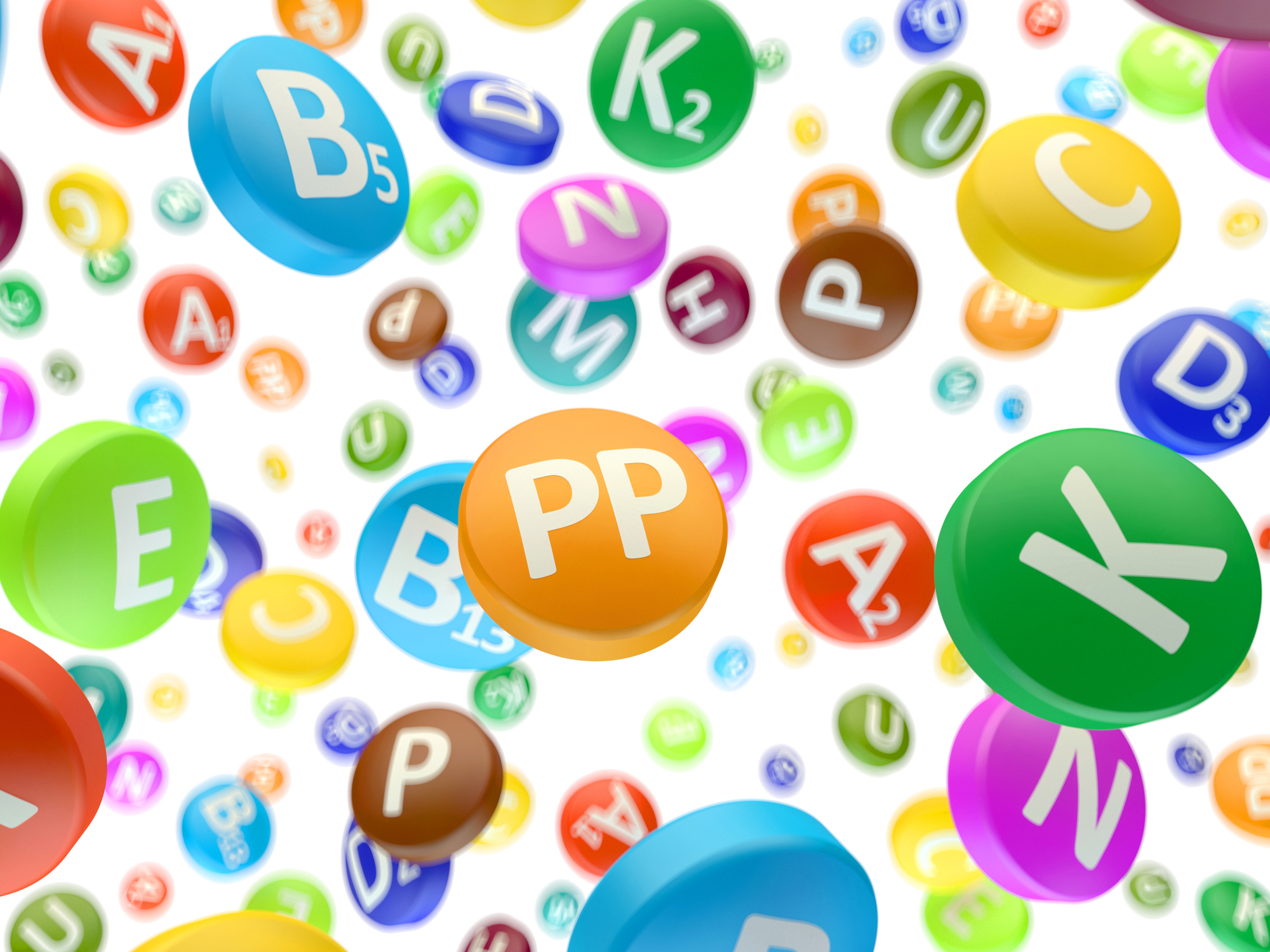Get Easy Health Digest™ in your inbox and don’t miss a thing when you subscribe today. Plus, get the free bonus report, Mother Nature’s Tips, Tricks and Remedies for Cholesterol, Blood Pressure & Blood Sugar as my way of saying welcome to the community!
The missing nutrient your heart craves

A, B, C, D, E, K… It may sound like a strange version of the alphabet song, but by now you probably recognize it as the list of vitamins your body needs.
I want to share with you what I’ve learned about an often forgotten and misunderstood vitamin that protects the heart, ensures healthy skin, forms strong bones, promotes brain function, supports growth and development and helps to maintain healthy cell function.
I’m talking about vitamin K2.
It’s a common misconception that the benefits of vitamin K are limited to its role in blood clotting. But the health benefits of vitamin K2 go far beyond blood clotting, which is actually handled by vitamin K1.
Vitamin K2’s biological role is to help move calcium into the proper areas in your body, such as your bones and teeth. It also plays a role in removing calcium from areas where it shouldn’t be, such as in your arteries and soft tissues. In addition, Vitamin K2 keeps your blood vessels elastic by safeguarding elastin, a protein that keeps vessel walls pliable. Too much calcium damages existing elastin and inhibits new production of it.
Vitamin K2’s ability to remove calcium deposits was proven in the Rotterdam Study published in The Journal of Nutrition. The results were stunning. Those given the highest amount of Vitamin K2 had a 52% reduction in calcium deposits and a 41% lower risk of serious heart problems.
Bottom line, vitamin K2 improves blood flow which aides in maintaining proper blood pressure.
So why are 80% of Americans deficient in Vitamin K2, and how can you be sure you’re getting enough?
There are some food options, but they aren’t necessarily well known. Here are a few of the foods you’d need to eat more of to avoid a K2 deficiency.
Natto — A Japanese food that is essentially fermented soybeans. Fermented soy is safe and this food is wonderfully nutritious. Natto is the highest dietary source of vitamin K2. Problem is, most people outside of Japan don’t like how it tastes.
Foie Gras — Otherwise known as goose liver pate, this is another “love it or hate it” food. It’s most popular in the southwest region of France, which interestingly enough has the lowest coronary heart disease rate in all of France.
Aged and curd cheeses — Gouda has the highest content of vitamin K2 than any other cheese. Brie, Jarlsberg’s and Edam are also good sources as are traditional curd cheeses. Other aged, hard cheeses have some vitamin K2 as well.
Egg yolks, butter, organ meats and dark chicken meat — These are somewhat more palatable. Make sure you get high-quality, organic products because products from animals that were fed inferior diets aren’t as rich in K2.
As you can probably tell, getting enough vitamin K2 through diet alone can be difficult. Supplementing might be necessary. 45 mcg/day would be the minimal dose for therapeutic effect and 200 hundred mcg/day is a suggested target goal.
Vitamin K2 has no known toxicity, so adding a daily supplement taken with food to improve absorption really has no downside.
For heart health, make sure you’re taking the superior subtype MK-7. Vitamin K2 has subtypes MK-1–13, but only MK-7 is proven to sweep excess calcium from your arteries.
Editor’s note: There are perfectly safe and natural ways to decrease your risk of blood clots including the 25-cent vitamin, the nutrient that acts as a natural blood thinner and the powerful herb that helps clear plaque. To discover these and other secrets of long-lived hearts, click here for Hushed Up Natural Heart Cures and Common Misconceptions of Popular Heart Treatments!












